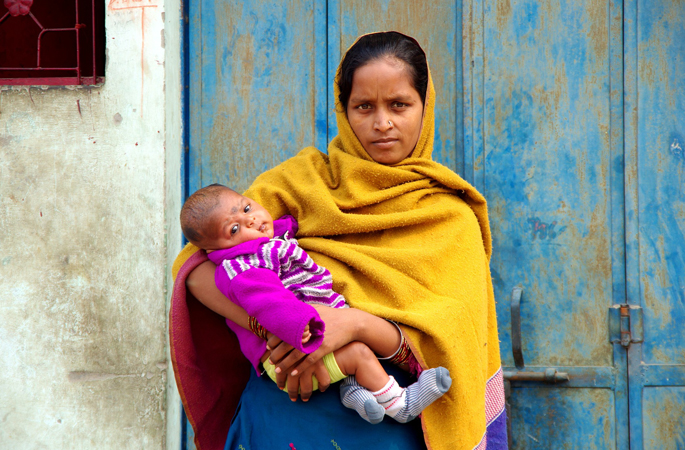The Challenge Of Creating Educational Material For Women Refugees
As academics dealing with real-life educational issues with important socio-political dimensions, we often need to struggle in order to find a balance between our allegiance to our research goals, our ideological commitments and our respect for our students’ or participants’ values.
In this light, through my involvement in designing educational material for refugees learning Greek and English in Greece, especially for women refugees, and in coordinating Polydromo https://www.facebook.com/Polydromo a group that celebrates bilingualism and multiculturalism in education and society.
I often face the difficulty of struggling with honouring both my idea of women’s rights and the respect for cultural restrictions that I feel is owed.
For a researcher like myself, who is committed to a feminist outlook on society, and to the respect of cultural values simultaneously, the creation of educational material for women and refugees coming mainly from Islamic sociocultural backgrounds is definitely a challenge.
In other words, touching upon issues of family relations, women’s choice not to necessarily adhere to restrictive social norms and rules, for example, the obligation to marry and have children, as well as the condemnation of violence or sexism in language, family and society, are all important issues to be addressed when designing educational material that takes into consideration the needs of refugee women.
The question, therefore, is where to draw the line between universal human values, to the degree that these actually exist, and cultural values, to the degree that these can actually be defined, especially within a context of constant cultural contact that is the norm in the world we live in.
Taking into consideration the immense linguistic and cultural diversity that exists not only on a universal level but on every local level, how could we respect cultural values when these are fluid, diverse and often (luckily or not) challenged by those who are directly affected by them?
For instance, do we have the right to criticize male polygamy, considering that a part of our recipients may be offended, while another part may perhaps be exhilarated?
Do we have the right to talk openly about the need for women to have choices and not accept violence against them, especially if our women recipients run the risk of becoming greater victims of violence if they change their behavioural patterns at home?
On the other hand, do we have the right to be silent about the fact that certain social norms are downright unjust for those who lack the power to challenge them?
Do we have the right not to openly show ways according to which the lives of women and those with a powerless socio-political position can change for the better?
Can we be sure about what may consist a better way to be – for anyone apart from ourselves, anyway?
Where do our rights and our obligations start, and when do they stop?
Who is to decide what we should be teaching, especially when our students are adult women and men blatantly trapped in the confines of an unjust social and familial context?
When raising women’s issues, we often receive the reply that other larger or greater issues have priority and thus issues concerning women’s living conditions are often overshadowed by them.
However, who is to decide that the everyday living conditions of half of the world’s population are less important than the so-called greater issues?
Moreover, if religious allegiance is an important aspect of the life of people in general and refugees in particular, how can we not take into consideration and bring them into discussion
In order to conclude this short note on educational issues for women refugees, more questions regarding our rights and obligations towards both human rights and cultural norms need to be raised by both academic researchers and students, so that nothing is ever taken for granted.
Having said the above, openly expressing one’s feminist views about women’s issues, choices or human rights may not bring about any tangible change to the living conditions of either women or men. It will, however, allow for a crack in the concrete of our thought which may, in turn, become an opening from where new ideas and cultural norms may have a possibility to arise.
We owe our students this much.



